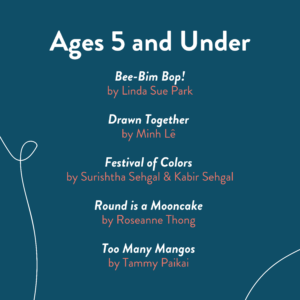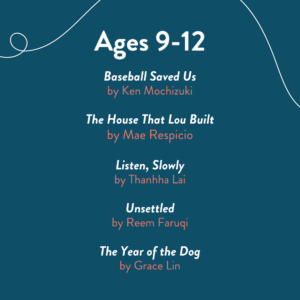In 1992, May was officially designated as Asian American and Pacific Islander (AAPI) Heritage Month to illuminate and celebrate AAPI contributions to United States history. This year, AAPI Heritage Month came in the midst of misinformation about the pandemic, targeted attacks against AAPI-owned businesses, and increased racial violence against the AAPI community, especially elders, women, and non-binary people. Initiatives, such as Stop AAPI Hate, have been instrumental in highlighting racism against the AAPI community throughout the pandemic. Not only is it important to bring awareness to racism against the AAPI community, within our schools and households, we must actively and continually celebrate and highlight AAPI heritage through ongoing efforts.
How Do We Sustain AAPI Heritage Month as Parents, School Leaders, and Educators?
Here are two initial starting points:
Creating a Culture of Trust
In order to sustain the momentum of AAPI Heritage Month, we must create safe spaces for our students to ask questions, rethink, and explore. Educators can build a culture of trust in their classroom through opportunities for students to express themselves and their identities. Teachers can also share their own experiences to encourage vulnerability and openness.
Similarly, parents can create safe spaces at home by discussing current events and racism towards the AAPI community with students. However, these conversations can feel difficult to initiate.
The following resources can help:
Part One: 6 Guides for Talking to Your Kids About Race and Racial Injustice…and Life (A Multi-Part Series)
Part Two: 6 Guides for Talking to Your Kids About Racial Justice
Uplifting AAPI Voice and Stories
We can integrate diverse voices into our teaching in order to further build a culture of trust. There has to be a conscious effort to include AAPI leaders, activists, and stories in history lessons, literature, film, and all forms of learning.
To help you start this process, we have compiled a list of books for all ages written by AAPI authors:
Have you read any of these books? How are you sustaining AAPI Heritage month in your school and home? Let us know!
These starting points are exactly that– starting points. Creating inclusive classrooms that not only acknowledge, but celebrate the heritage of all AAPI students is a necessary way to increase equity in our classrooms and help students feel seen. Most importantly, celebrating AAPI Heritage must be more than a month. It must continue all year.










